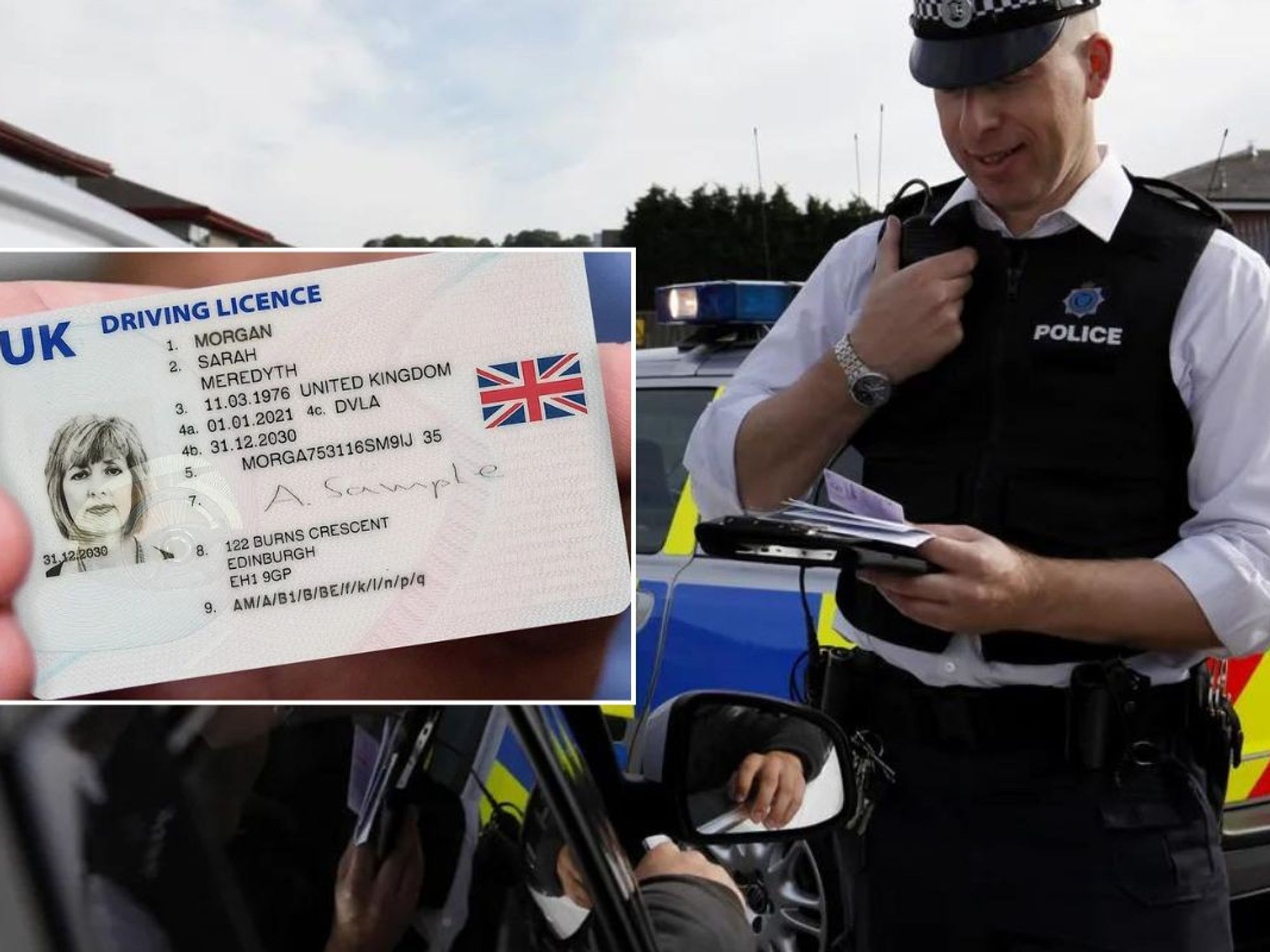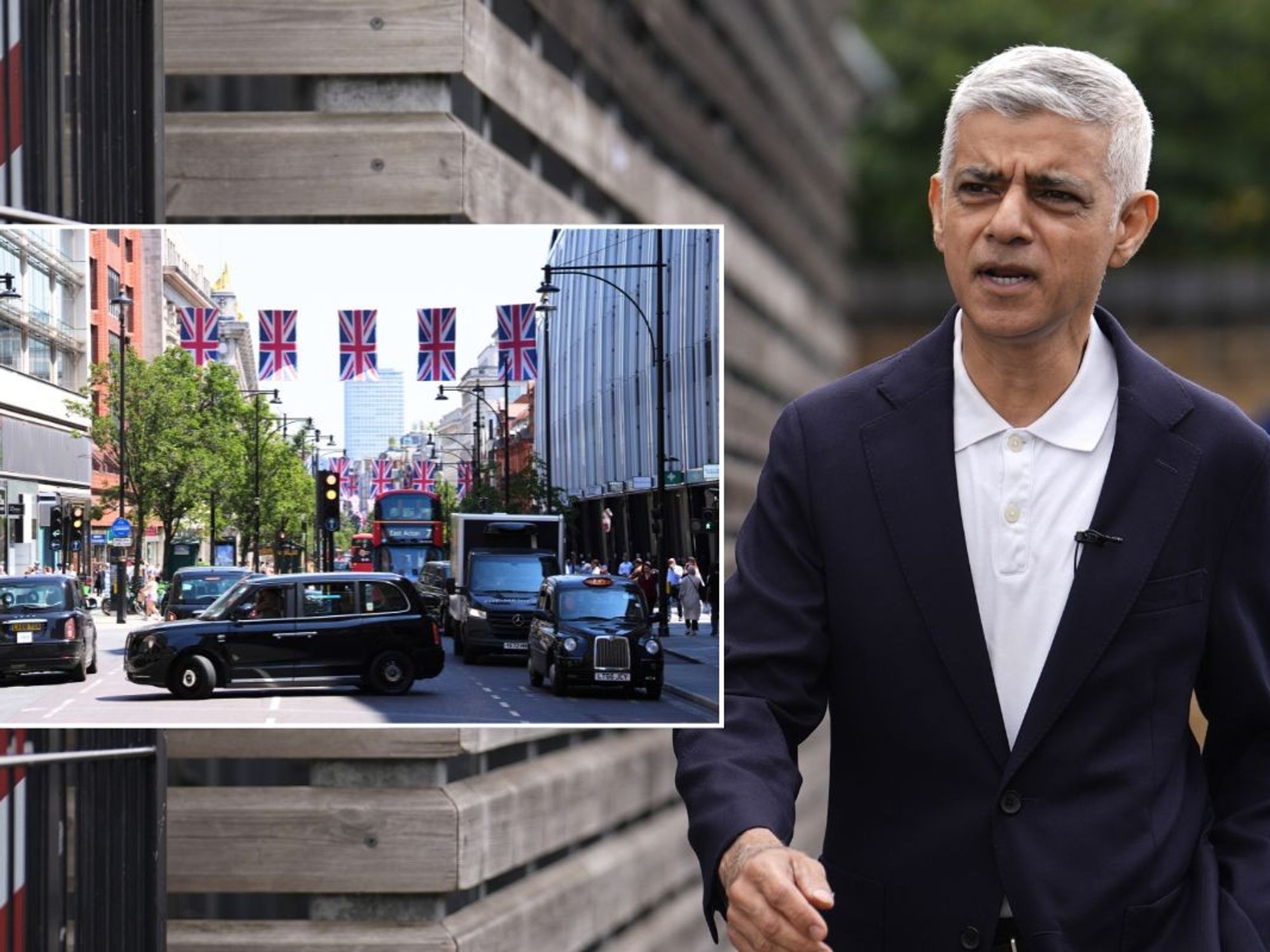Civil service faces legal challenge over rainbow lanyards and pronouns
Critics claim Pride is a political symbol rather than a matter of identity
Don't Miss
Most Read
Trending on GB News
A Christian group is taking legal action to stop civil servants wearing rainbow lanyards, adding pronouns to work emails, or officially taking part in Pride events - arguing these displays breach rules on political impartiality.
The Christian Institute has written to Cabinet Secretary Sir Chris Wormald, warning it will seek a judicial review unless the practices stop.
The Newcastle-based charity, which has over 60,000 supporters, says Pride events and related symbols are linked to “highly controversial political issues” and should not be promoted by public servants in their official roles.
Simon Calvert, the Institute’s Deputy Director, argues that the Pride movement isn’t just a celebration of equality, but is tied to contentious political positions - and that civil servants should not appear to be taking sides.
He said: “The law is clear that civil servants must maintain impartiality on controversial political issues. Whether one agrees with it or not, no one can deny that the LGBTQ Pride movement and its hard-line gender ideology are profoundly political.”
He also claims some LGBT people reject the Pride flag because of its political associations, and that including pronouns in work emails signals support for a disputed ‘ideology.’
He added: “The association between Pride’s rainbow flag and controversial positions like these is so strong that many gay and lesbian people have rejected it.
"Similarly, declaring preferred pronouns to members of the public in official email signatures is a pointed display of allegiance to an ideology - one which the public increasingly rejects.”
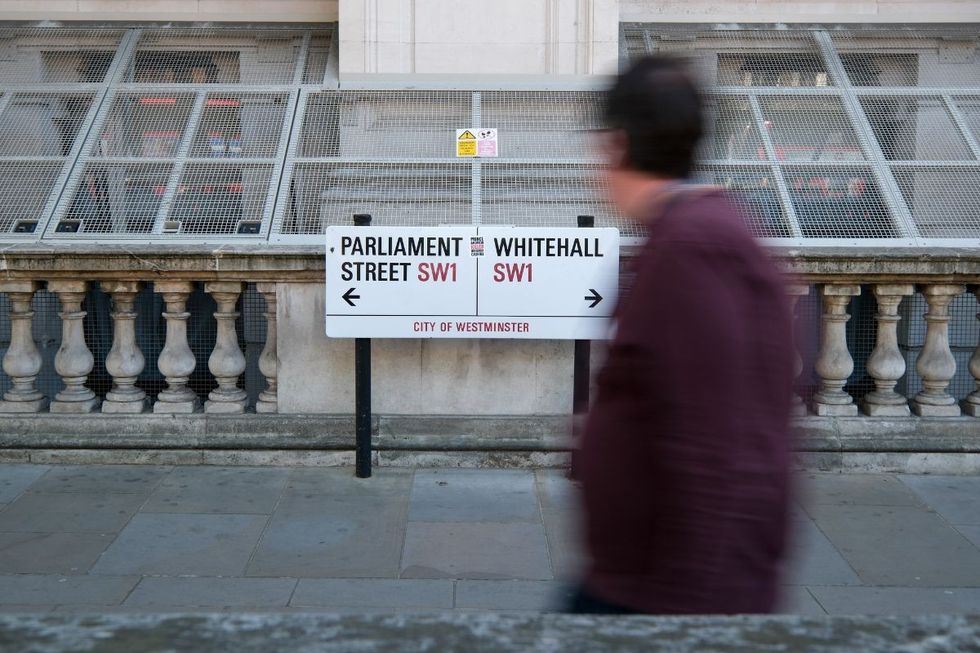 A stock image of Whitehall | GETTY
A stock image of Whitehall | GETTYThe legal move comes after a High Court ruling in July found Northumbria Police had breached impartiality rules by allowing uniformed officers to march in Newcastle Pride 2024 and to display rainbow-branded police cars.
Mr Justice Linden said that by marching in uniform with Pride flags, police officers were effectively endorsing the movement’s political goals, which could undermine public trust in their neutrality.
Justice Linden’s ruling stated: “A key reason for taking part in the march was publicly to support the beliefs and aims which the march represented and sought to promote… The fact that they wore their uniforms, marched as a contingent, and carried the police Pride and other flags demonstrated their support for the cause as police officers.”
Since that ruling, several police forces have barred uniformed attendance at Pride events, with some also removing rainbow branding from vehicles.
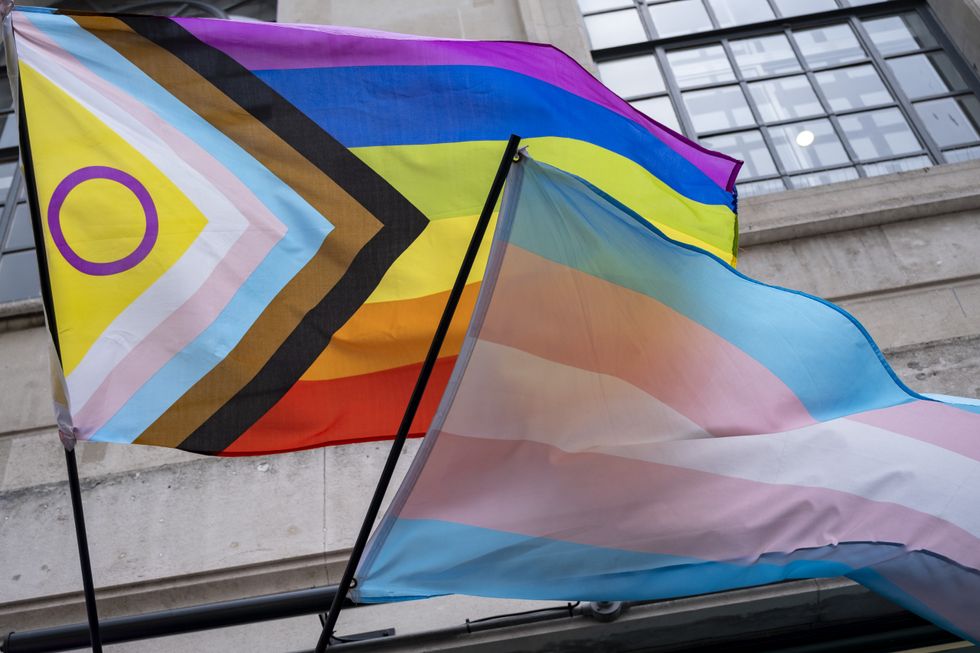
LGBT flags
| GETTYThe Christian Institute is using the same law firm that won the Northumbria Police case, Conrathe Gardner Solicitors.
It argues that the same legal principles apply to civil servants who display Pride symbols or take part in events in an official capacity.
The Institute’s Simon Calvert said: “Sitting in front of a phalanx of civil servants in rainbow lanyards gives the impression that their minds are closed on the issues we are discussing.
"It certainly does not communicate the kind of neutrality that taxpayers expect of civil servants.”
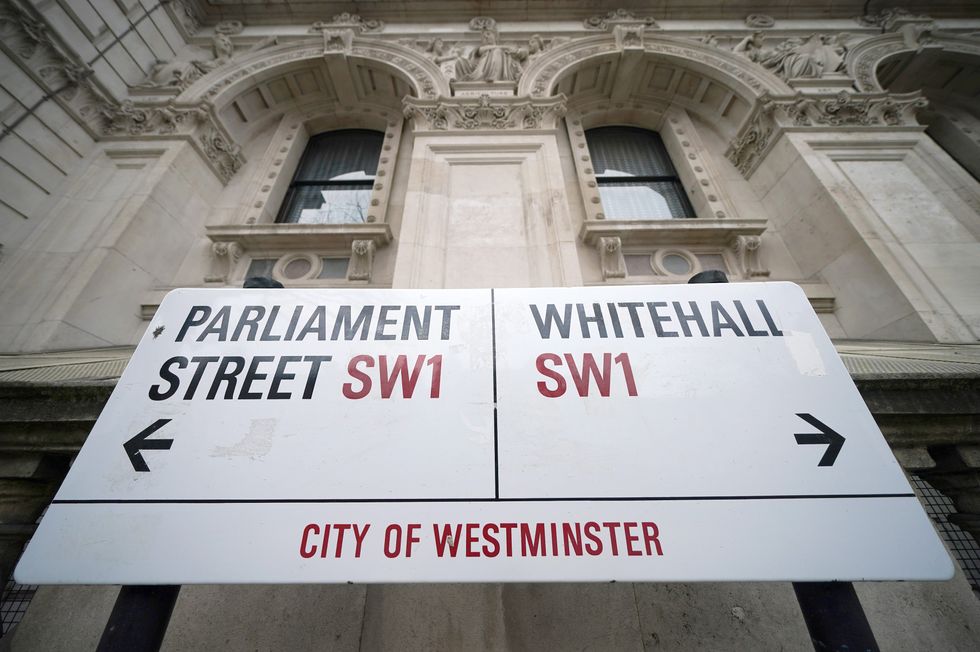
Whitehall
| PAThe Civil Service Code - part of the law under the 2010 Constitutional Reform and Governance Act - says staff must show “integrity, honesty, objectivity and impartiality” and not act in a way that favours particular political movements.
In May 2024, updated government guidance warned against showing support for “partisan, political or contested” causes while at work.
In Scotland, Holyrood parliamentary staff were banned from wearing rainbow lanyards in 2024 to “avoid any perception of bias.”
They now use standard-issue purple lanyards.
Critics of lanyard and pronoun bans say they risk making LGBT employees feel less welcome and send a negative signal about inclusivity.
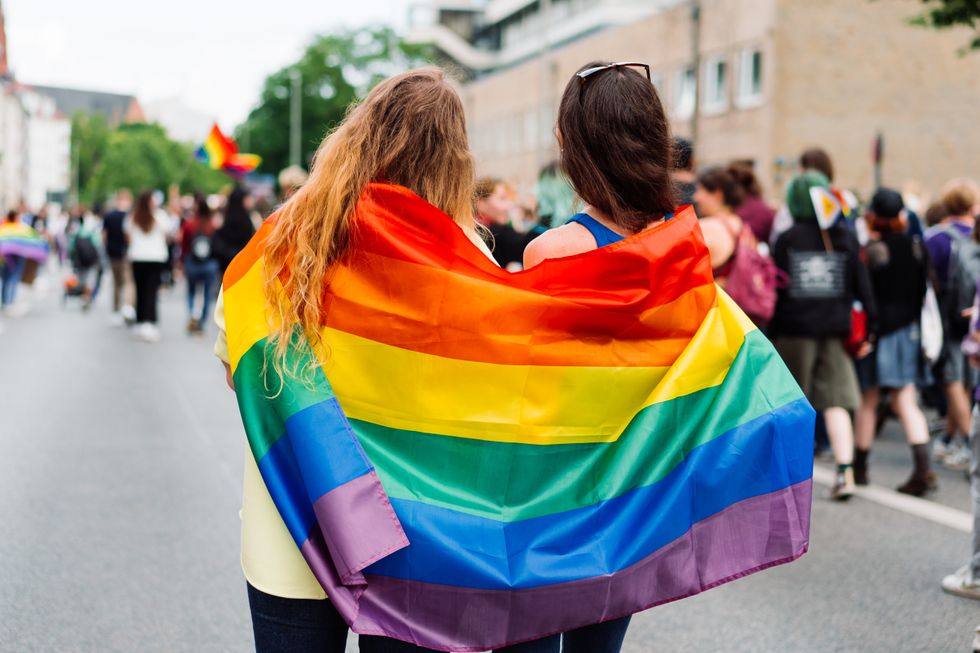
Pride parade
| GettySupporters argue the bans protect trust in public institutions that must serve all citizens equally.
The Cabinet Office has not yet responded publicly to the Christian Institute’s legal warning.
If the Christian Institute wins in court, it could lead to: A ban on rainbow lanyards and pronouns in official Civil Service communications.
No official Civil Service presence at Pride events. Stricter rules on what political or social symbols can be displayed in government workplaces.
A Cabinet Office source said it was considering the legal move.
A spokesman added: “The Civil Service is committed to an inclusive environment for all staff, boosting productivity and opening up opportunities across the country."
More From GB News










